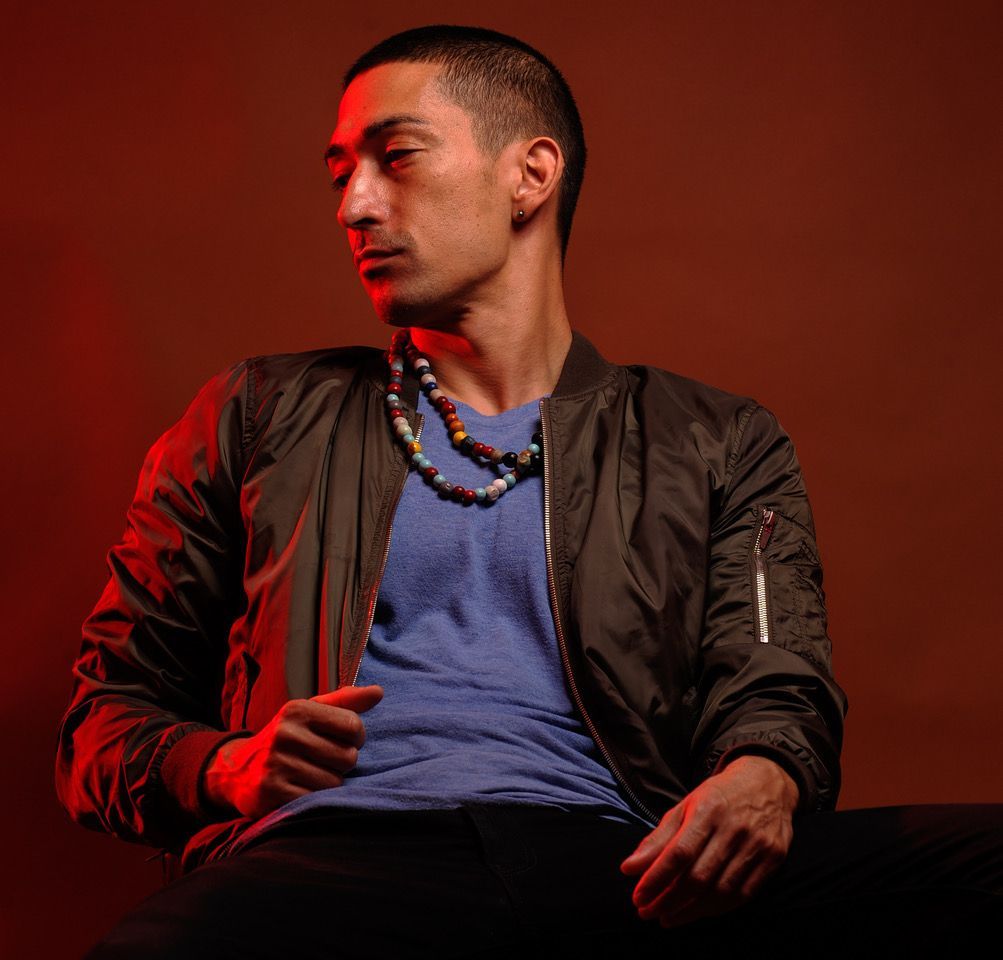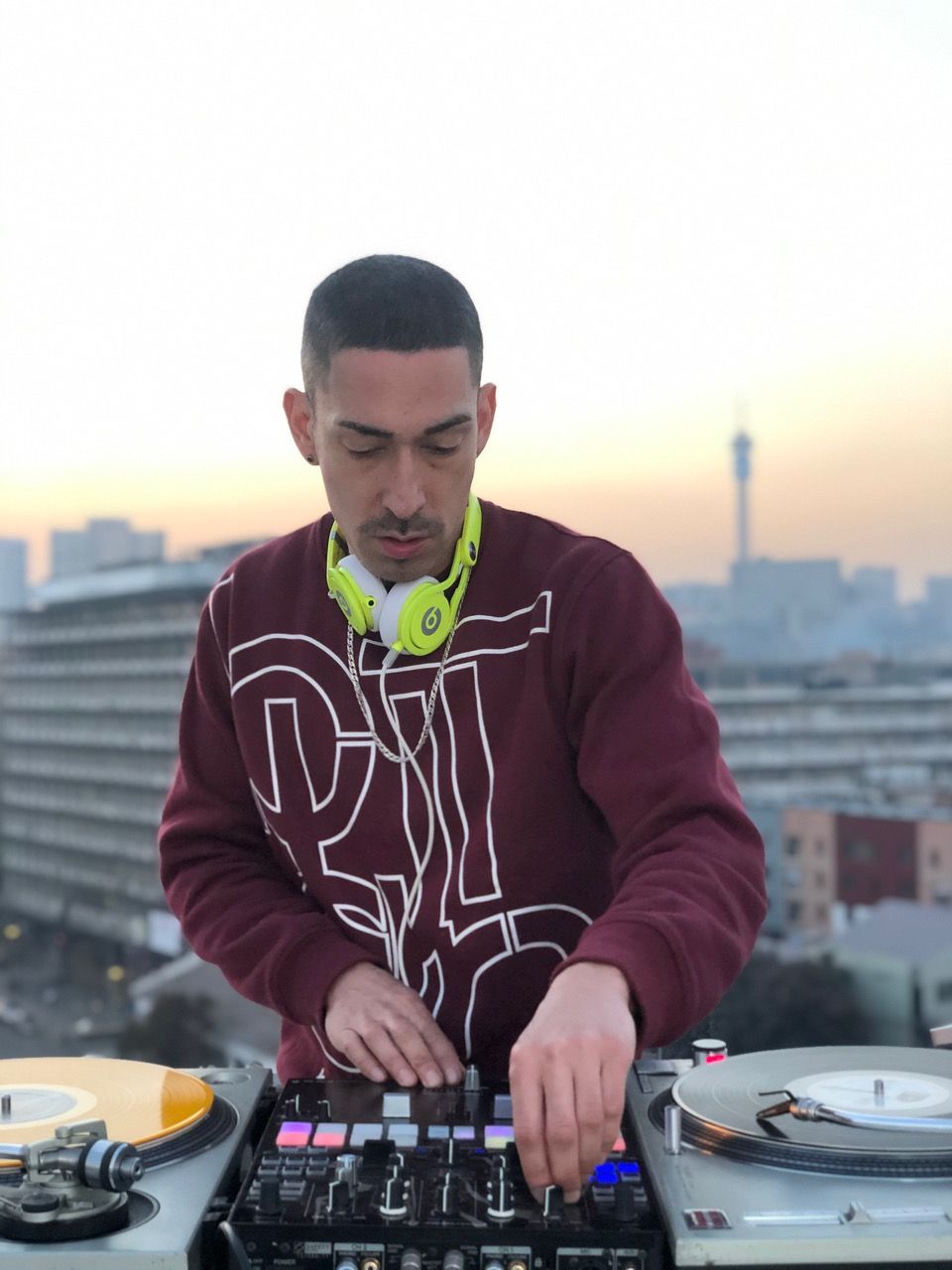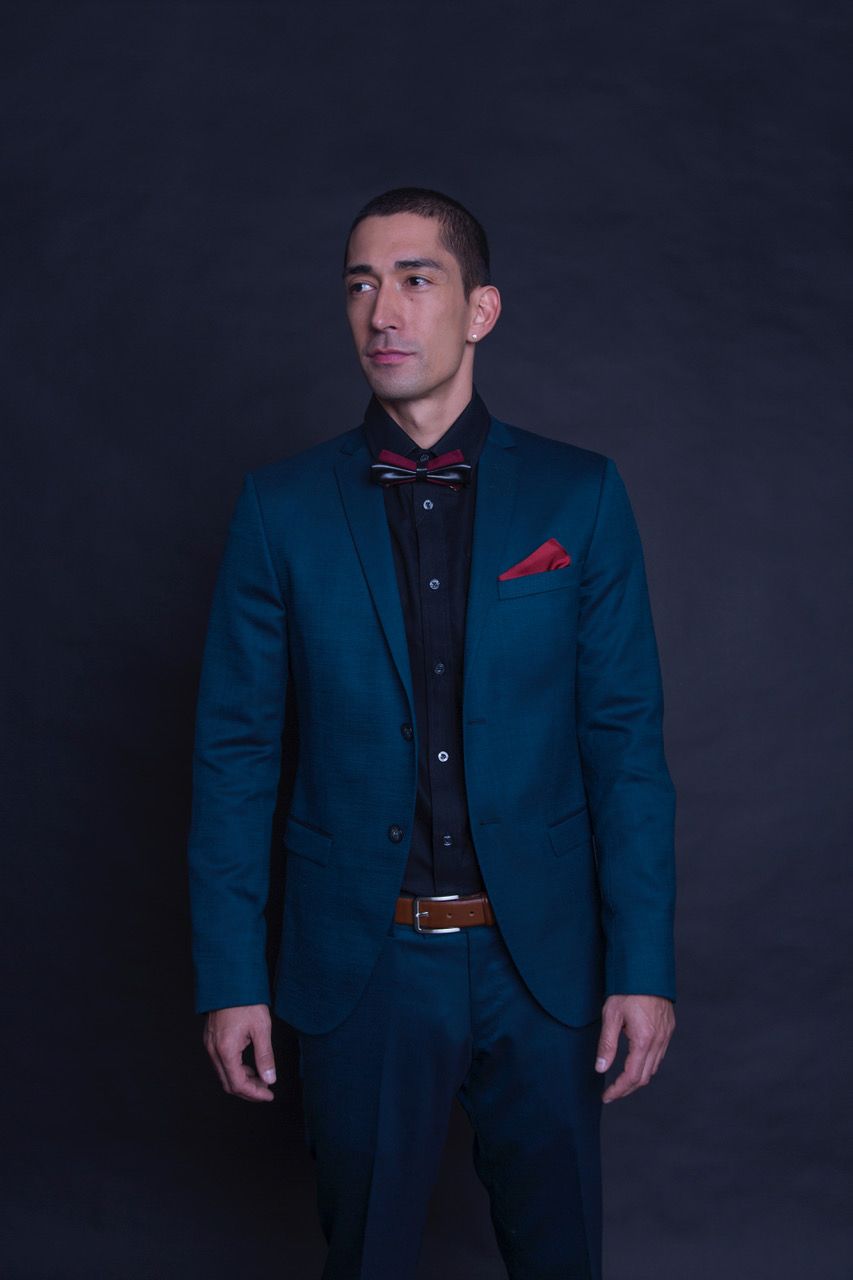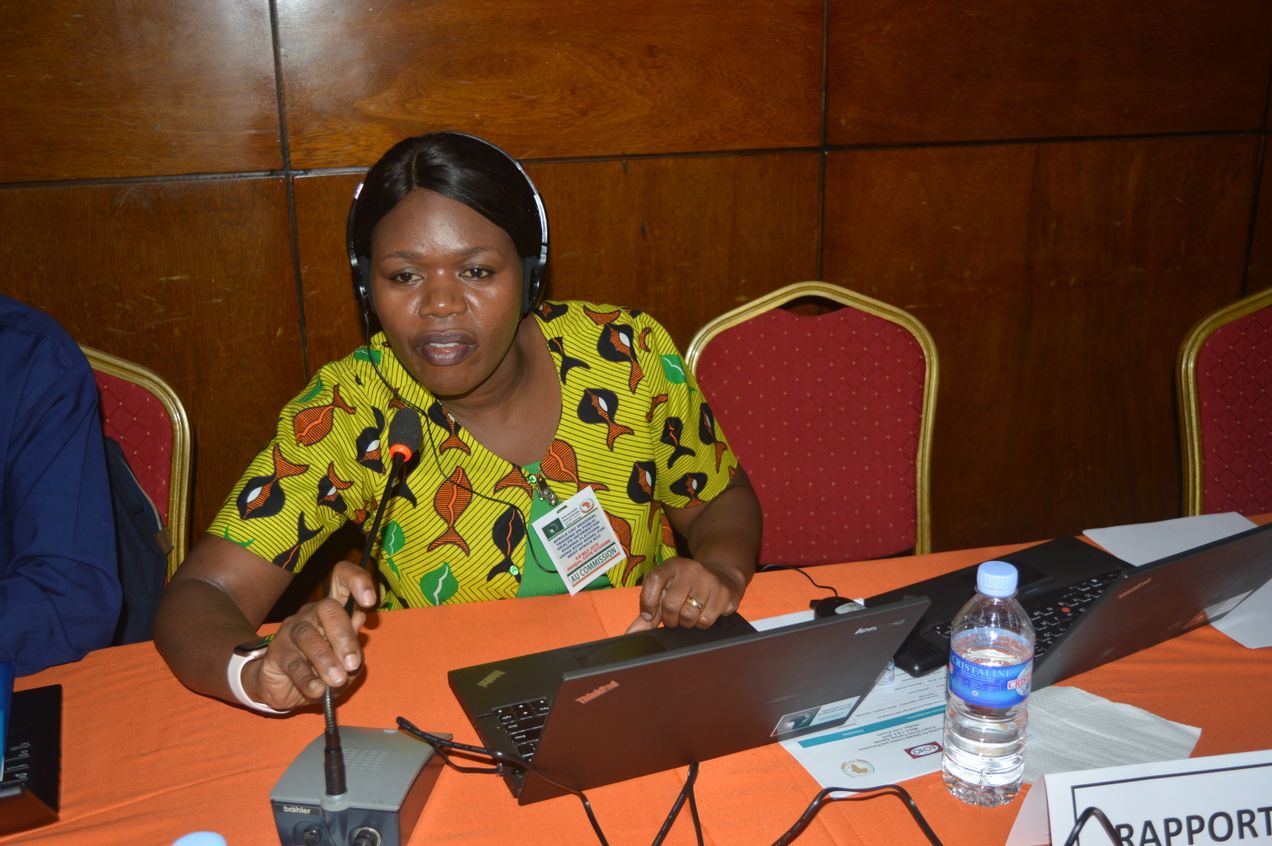
DJ Akio on the Ones and Twos
Mohau Kubheka caught up with DJ Akio on keeping the beat alive, and surviving Covid19 lockdowns.
Akio Kawahito is a Johannesburg based Hip Hop DJ/Event Organizer/Party Promoter who was born to a Japanese father and a Dutch mother who both emigrated to the US in their youth. He was raised in the US but spent some of his childhood in Japan where he learnt how to DJ at the age of 22. He moved to the Netherlands to complete his master’s degree and ended up working at the International Criminal Court in The Hague. He moved to South Africa to work on youth development programs teaching life skills using Hip Hop in the Cape Flats where he met Abdullah Ibrahim who introduced him to local DJ’s in Cape Town.

In February 2020, Akio was on a four week tour in Thailand, as the world was becoming increasingly weary of the mysterious corona virus wrecking-havoc through Asia, America and parts of Europe. South Africa had not had a single case of Covid 19 at the time, while paranoia was rising in Thailand. Numerous countries were announcing international travel restrictions and Akio was faced with the difficult decision of either staying in Thailand indefinitely, to ride out the pandemic while living out of a suitcase, travel to the US to be with family or rush back to South Africa where he would be away from his loved ones. He managed to travel safely into South Africa before the lockdown restrictions were implemented.
During the first lockdown, the most prominent challenge was his mental health. Not being able to go home during the most petrifying period for entire world. As someone who was accustomed to travelling home to Tennessee at least three times a year, not being able to spend time with his nephews and nieces, as well as his parents who are getting older was challenging. He worried about his family’s health and hoped that nothing would happen to them while he is away.
A setback for the DJ was having to cancel all the events that he was planning for 2020, including shows that involved international artists, which would have been immensely profitable. He had intentions of undertaking a two months tour through Europe and another two months in the United States in the summer of 2020. Both endeavours had to be cancelled. He had to learn to let go and stop planning. He had to train his mind to stop planning beyond one month and live in one-month planning intervals, due to how quickly restrictions on curfew, international travel, entertainment and movements were changing. The pandemic taught him to live in the moment.

Fortunately the savings he had been planning to use to embark on his four month tour, were able to supplement his income for the first six months of hard lockdown, where the only income he was able to generate was R10 000 from a live stream DJ set he played for an alcohol brand. Professionally it was very hard to go through such a long period without generating much of an in-come, but he understood that it was beyond anyone’s control. He did not feel that he had lost any ground in the market because all his peers were in the same boat. Once everything re-opened in September of 2020, everyone was on the same playing field.
Lockdown also provided an opportunity for him to develop new ideas. Strictly Soul was a concept developed during lock down. It started as Sunday Instagram live stream where Akio played R&B and Soul on his apartment building rooftop. He built a fanbase and a brand that became tangible once the lockdown restrictions were lifted. He moved Strictly Soul to Thursday and it became a successful party that takes place on a weekly basis. Managing events in the era of reduced lockdown restrictions where curfews are still in place has been positive for the business, because people are still attending events and having fun. Although the venues have to close before the curfew kicks in, he enjoys being able to get home by 12:30 and get a full nights rest. The only disadvantage is that the rates are a bit lower.
With all that statistics reported by government on how small businesses would be impacted by the pandemic, there was very little to no financial support for businesses within the arts and creative industry as a whole. There were talks in the community of different funding programs that artists and event promoters could apply for, in order to access relief funding but nobody I know has spoken about receiving any kind of financial assistance from the government. However, Akio had minimal expectations of the government based on past experiences working with NGO’s. The network of DJ’s and event promoters supported each other well during harsh lockdown conditions.

